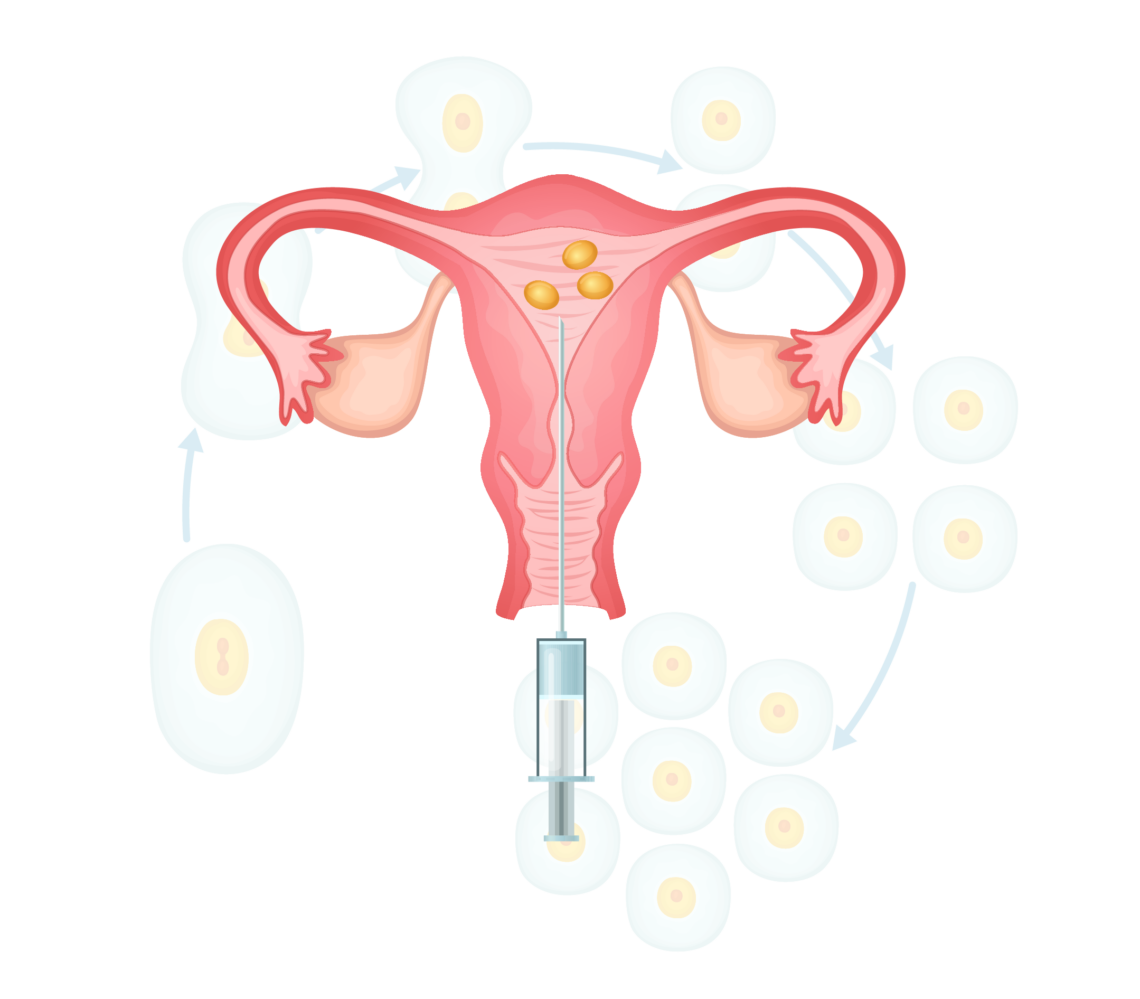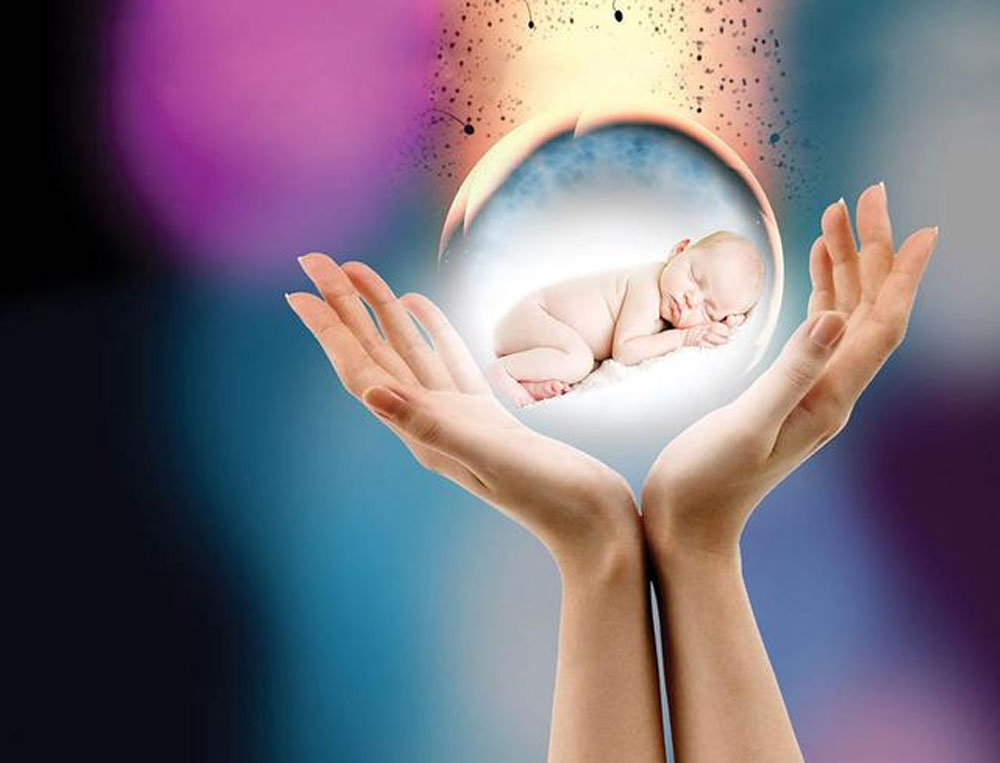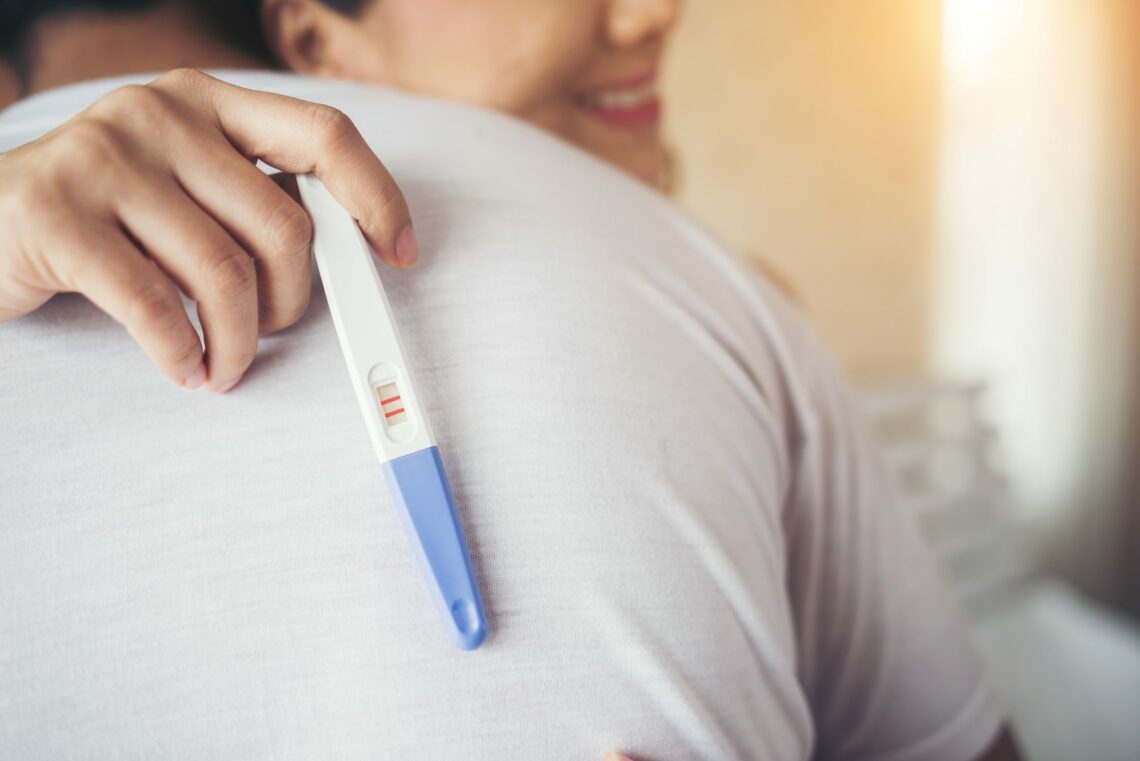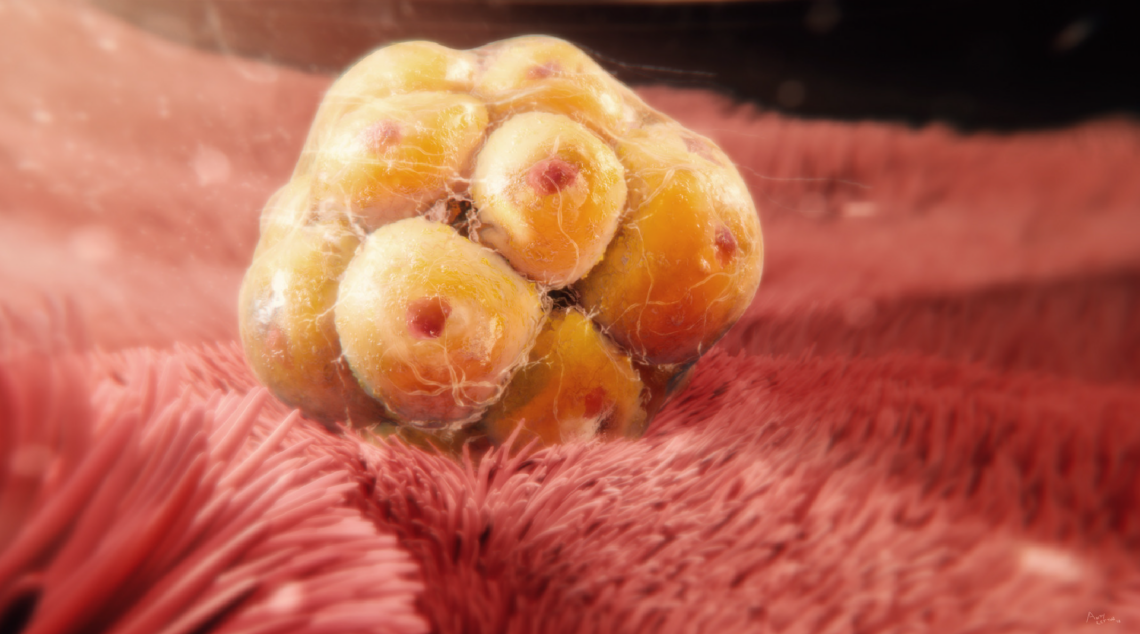Every woman should know their menstrual cycle and learn the days they are most fertile. If you are keen to conceive, here’s what you should do. There are times in your menstrual cycle when you are at your most fertile, and this is the time of the month when you are most likely to get pregnant. Each menstrual cycle begins on the first day of your menstruation and continues until the subsequent first day of your next menstruation. A normal menstrual cycle falls typically between 21 – 35 days. The menstruation (menstrual flow) usually lasts within 2-7 days on average. If your menstrual cycle is at regular intervals with few…
-
-
Childbearing Through Fertility Treatment and the Pursuit of 5Cs
Husband: Errr…Darling, we’ve all the 5Cs, but I feel we have another C missing! Wife: Let’s go through the directory and make an appointment with a doctor… Conventionally, society chooses the five Cs of life, namely, Cash, Car, Credit Card, Condominium and Country Club membership. If you have those 5Cs, you are most likely to be considered as successful and in a prestigious status. However, it is time for us to redefine success and to look into an equally important C, which is – Child. The proportion of woman who delays childbearing beyond the age of 35 years has greatly increased in recent decades. Additional factors include women are now…
-
Infertility: The male factor
THESE days, 1 in 8 couples are impacted by infertility. This percentage is set to increase notably in cities, more so among couples who are both working professionals. Infertility is defined as not being able to conceive after trying for more than 12 months (6 months for women more than 35 years old), without any contraceptive precautions. It is not something new but its increase in recent years is likely due to increasing awareness of the condition. Infertility has traditionally been thought of as a woman’s problem. But as it turns out, men are not spared. In fact, men contribute to more than 40 per cent of the causes of…
-
Your Ideal Day For Embryo Transfer
Embryo culture is an embryo selection process. The progress of every embryo is meticulously evaluated before they are selected for transfer back to the mother’s womb for implantation and pregnancy, through Embryo Transfer procedure. Deciding the ideal day for embryo transfer can be incredibly stressful. The motive is to transfer the embryo when it reaches the ultimate development stage (Day 2 Embryo, Day 3 Embryo and Day 5/6 Blastocyst) to create a pregnancy. The ultimate stage means the group of embryos from a particular patient, have reached their highest potential to achieve a pregnancy, whether it is Day 2 Embryo, Day 3 Embryo or Day 5 Blastocyst. Blastocyst transfers mimic…
-
Understand Infertility, Fertility and Fertile Period/Window
There are times in your menstrual cycle when you are at your most fertile, and this is the time of the month when you are most likely to get pregnant. Each menstrual cycle begins on the first day of your menstruation and continues until the subsequent first day of your next menstruation. A normal menstrual cycle falls typically between 21 – 35 days. The menstruation (menstrual flow) usually lasts within 2-7 days on average. If your menstrual cycle is at regular interval with few days in variation, you are likely to ovulate during most of your menstrual cycle. Ovulation is usually followed after the cessation of menstruation and the egg…
-
IVF Treatment: When Cost Matters
Couples undergoing In Vitro Fertilization (IVF) have become more common nowadays than a few decades ago. The rise in IVF treatment is due to an increase in awareness and acceptance, primarily when the fertility problem lies on the male partner. Besides the medical causes of infertility in men and women, contributing factors for infertility include smoking, E-cigarettes, compulsive alcohol consumption, change in lifestyles, stress, environmental pollution with industrial wastage, plastic, chemicals, processed food, pesticides & herbicide etc. The fertility treatment cost in malaysia varies from fertility centre to centre, depending on the type of IVF treatment (mild or full ovarian stimulation), medication usage (type of medications, dosage and whether the…
-
Save Your Eggs For Future Fertility Treatment – Part 3
Some of the reasons women not engaging in egg freezing are the high fertility treatment cost, limited access to treatment, unaware of the availability of this service or due to advanced medical disease. Although egg freezing can provide hope for future pregnancy, there is of cause no guarantee of success in fertility treatment. Overall success depends on an individual’s profile, underlying medical issues and occasionally by chance too. If you use your frozen eggs to have a child, the risk of miscarriage will be primarily based on your age when your eggs are frozen. Older women have higher miscarriage rates and abnormal genetic inheritance, mainly due to the poorer quality…
-
Save Your Eggs For Future Fertility Treatment – Part 2
Unlike Embryo Cryopreservation (fertilised eggs), during Egg Freezing, the eggs are not fertilised with sperms before they are frozen. This means the eggs are only fertilised with the sperms (insemination) once the Frozen-Eggs are thawed when you are ready to engage in pregnancy and motherhood. Occasionally, when some medical condition arises, for example, when facing cancer. Undergoing cancer treatment – like chemotherapy or radiotherapy may harm your egg reserve inside your ovaries. Egg freezing enables you to protect your eggs from being damaged during cancer treatment. Thus, rather than keeping all your eggs in one basket, egg freezing before starting your fertility medical treatment enable you to engage in pregnancy…
-
Save Your Eggs For Future Fertility Treatment – Part 1
Women have a fixed number of eggs inside their ovaries when they are born. However, the quality and quantity of these eggs (Ovarian Reserve) will continue to decline when women aged. Guess what? The eggs inside the ovaries will not replenish themselves. When the eggs inside the ovaries have exhausted, the ovaries will stop functioning. Women will then attain the state of so-called menopause, indicating the end of the reproductive cycle. The most crucial factor determining the egg’s quality and quantity (Ovarian Reserve) is women’s age. Sorry ladies! Age is an important element in nurturing the future generation. Other contributing factors include lifestyles, smoking and alcohol binging, environmental pollutions and…
-
Have You Ever Wondered, Why Most Fertility Treatment Centers Do Not Transfer Or Freeze Day 4 Embryo?
This is how a Day 4 Embryo “Morula” looks like. Day 4 after fertilization, the embryo (AKA Morula or Mulberry in Latin), undergoes a process called “compaction”. The cells inside the Morula are tightly held together and organize into form of a sphere. Morula has no prominent distinctive features as compared to Day 2 Embryo, Day 3 Embryo and Day 5 Blastocyst. Due to the lack of distinctive features, it is not easy to grade the Morula using the method that we used to grade the Day 3 Embryo or Day 5 Blastocyst, besides assessing the potential for successful implantation. As a result, embryologists tend to leave them alone. There…









